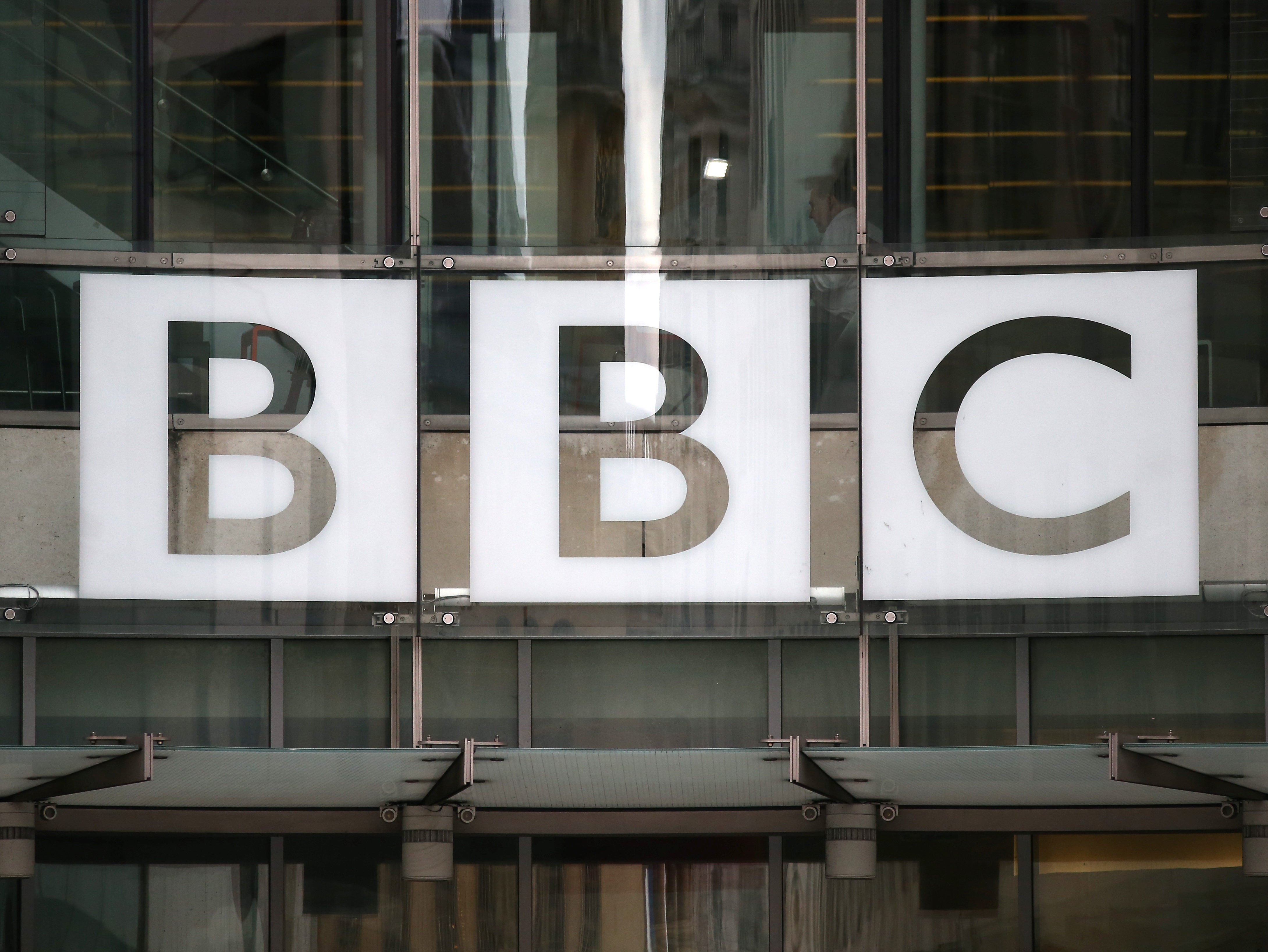
Journalism academics have defended research claiming BBC Radio 5 Live did not meet Ofcom targets for news and current affairs output last year after the BBC branded it “shameless paid-for lobbying”.
Rupert Murdoch’s News UK paid £25,000 towards the research, carried out by the University of Kent. The news group owns BBC rival Wireless Group, which oversees Talkradio, Talksport and Virgin radio stations.
The BBC rejected the headline findings in the report by the Centre for Journalism, saying: “Given this report was paid for by the parent company of Talksport, people can judge its credibility for themselves.”
The report, which was published today, was written by University of Kent professor of journalism Tim Luckhurst, former Press Gazette editor Ian Reeves, Ben Cocking and former journalist Rob Bailey.
Luckhurst told Press Gazette that Ofcom had already been in touch about the research, adding: “We are enormously proud of this detailed and meticulous piece of pure academic research.”
The report found that 48 per cent of 5 Live’s output was news and current affairs on weekdays, while its weekend output stood at just 36.6 per cent news.
Its authors listened to the BBC station between 26 February and 14 October 2018, calculating that during this eight-month period less than half (45 per cent) of 5 Live’s overall output was news and current affairs.
The BBC operating licence published by Ofcom – part of the BBC’s Royal Charter obligations – requires at least 75 per cent of its output in a financial year to be news and current affairs.
In the report’s conclusion, they wrote: “Our analysis confirms what common sense alone suggests to listeners: 5 Live has ceased to be a news and sport station.
“It is a sport and talk station with a fierce commitment to sport and a lesser, legacy commitment to news.
“Its news coverage reveals an appetite for entertainment, celebrity and music stories in preference to public affairs.”
The report added: “Although it fulfils its obligation to cover politics, its listeners do not regard it as a hard news station and it has largely abandoned its historic commitment to react first to breaking news.”
A BBC Radio 5 Live spokesperson said: “We reject its headline findings entirely as 5 Live consistently meets all of its regulatory targets – a fact recorded in the BBC’s annual report each year.
“Even a casual listener would fail to recognise the description this report presents of the station’s output.”
Press Gazette understands the broadcaster’s own figures show 76 per cent of all 5 Live output was news and current affairs over the 2017/18 financial year, which runs from April to March.
The University of Kent report claimed that the BBC appeared to define content such as promotional material, repeats of pre-recorded material and “infotainment” as part of its news and current affairs output.
It also alleged that the broadcaster had “freedom to miscategorise material” thanks to an absence of an agreed formal definition of what constitutes news.
Speaking to Press Gazette, Luckhurst said: “We set out to answer one question: does Radio 5 Live meet its key commitments to Ofcom?
“We set out to do that for three principled reason. One because in order to answer it you have to actually come up with a measurable definition of what constitutes news and what constitutes current affairs.
“Academics have been looking at that for nearly 50 years. We are delighted to have made a practical, real-world definition and we think it could be immensely useful to all broadcasters and their regulators.
“We’re absolutely delighted that Ofcom have already been in touch to say they’re interested in talking to us about our methodology.”
Luckhurst, a former 5 Live assistant editor, added: “It does not surprise us that the BBC would rather shoot the messenger than deal with the findings of a piece of meticulous and detailed research into its output.
“There will be nobody in 5 Live’s audience who is remotely surprised by our findings.”
Luckhurst went on to say: “If the BBC will reveals its methodology for defining its claims 76 per cent of BBC Radio 5 Live’s output is news and current affairs, we’d be delighted to see it.”
In a statement on the research, Scott Taunton, chief executive of Wireless Group, said: “Wireless is invested in offering additional choice in the speech radio market through our Talkradio, Talksport and Talksport2 channels.
“We believe commercial radio’s sustainability is hampered by the BBC’s 80 per cent share of speech radio listening and significant funding, spectrum and cross-promotional advantages.
“Distinctiveness is important in ensuring the public service delivery of BBC output and providing room for independent services to develop.”
Picture: Reuters/Neil Hall
Email pged@pressgazette.co.uk to point out mistakes, provide story tips or send in a letter for publication on our "Letters Page" blog
